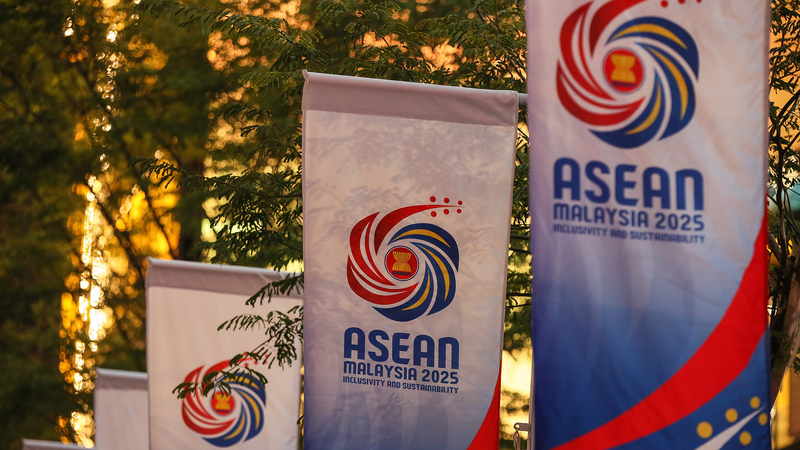At the ASEAN-China-GCC Summit in Kuala Lumpur, Chinese Premier Li Qiang laid out a bold vision for a triangular cooperation that could reshape regional trade.
He described the combined region as a stable triangle linking China, ASEAN and the Gulf Cooperation Council — home to roughly a quarter of the world's population and economic output.
'By enhancing connectivity and cooperation, we can pool our resources, production capacity and markets to foster a vibrant economic circle,' he said, highlighting three pillars:
- Open Markets: Li Qiang urged the swift conclusion of a China-GCC free trade agreement and the upgrade of the China-ASEAN Free Trade Area to unleash greater growth.
- Synergized Development: He called for aligning macro policies, matching industrial strengths and creating a new model of industrial cooperation to turn individual advantages into collective gains.
- Cultural Integration: Emphasizing shared Asian values, he championed people-to-people exchanges, the Islam-Confucianism dialogue and the Global Civilization Initiative to build trust across borders.
To turn vision into action, Li Qiang proposed a trilateral action plan on high-quality Belt and Road cooperation, aiming to connect infrastructure, market rules and payment systems. He also suggested establishing a regional business council to drive economic integration.
The premier highlighted emerging sectors such as artificial intelligence, the digital economy and green development alongside traditional areas like energy and agriculture. He announced that China would launch an ASEAN visa offering five-year multiple-entry access for business travelers from Southeast Asia and extend visa-free trials to all GCC nations.
On the global stage, Li Qiang stressed the importance of multilateralism. Quoting President Xi Jinping, he said, 'The biggest strength comes from cooperation, and the most effective way is solidarity.' He urged partners to defend developing countries' interests, oppose protectionism and promote fairer global governance.
As the summit concluded, the call to action was clear: build a stronger, more interconnected triangle that drives sustainable growth in Asia and beyond.
Reference(s):
Full text: Remarks by Chinese premier at the ASEAN-China-GCC Summit
cgtn.com




